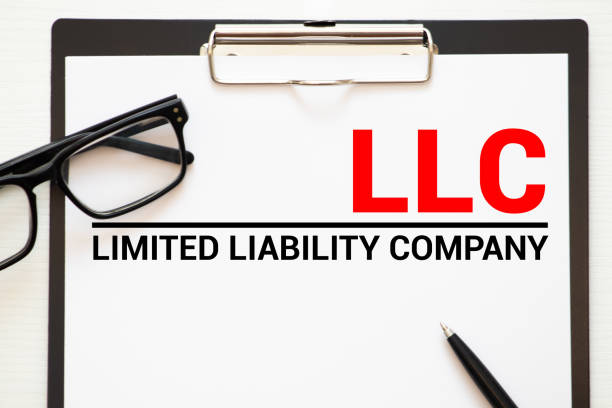Navigating the Process: Forming an LLC in Colorado
Creating a Limited Liability Company (LLC) in Colorado offers entrepreneurs a business structure that combines liability protection with operational flexibility. If you’re considering starting an LLC in Colorado, understanding the steps and requirements is crucial to ensure a smooth and lawful formation process.
- Choosing a Unique Name for Your LLC: The initial step in forming an LLC in Colorado is selecting a unique name that complies with state regulations. The chosen name must contain “Limited Liability Company,” “LLC,” or abbreviations thereof. Ensure the name is distinguishable and not already in use by checking the Colorado Secretary of State's business database here.
- Appoint a Registered Agent: Designate a registered agent for your LLC. This individual or entity will receive legal documents and official notices on behalf of the LLC. The registered agent must have a physical street address in Colorado. You can act as your LLC's registered agent or hire a professional registered agent service.
- File Articles of Organization: Submit the Articles of Organization to the Colorado Secretary of State. This document officially registers your LLC and includes basic information such as the LLC name, the registered agent’s details, and the LLC's principal address. File online through the Colorado Secretary of State's website here.
- Draft an Operating Agreement: While not mandatory, creating an operating agreement is highly recommended. This document outlines the internal workings of your LLC, including ownership structure, member roles, voting rights, profit distribution, and operational procedures. It helps prevent disputes among members and clarifies the organization’s management.
- Obtain an Employer Identification Number (EIN): Apply for an EIN through the IRS. This number is essential for tax purposes and can be obtained online for free via the IRS website here.
- Comply with State Tax and Regulatory Requirements: Depending on your business activities, you might need specific licenses or permits from state or local authorities in Colorado. Additionally, understanding and fulfilling tax obligations, such as income tax, sales tax, and employment taxes, is crucial. The Colorado Department of Revenue website offers comprehensive information on state taxes.
- File Periodic Reports: LLCs in Colorado are required to file periodic reports to maintain good standing. The Periodic Report updates the state with current information about the LLC, including principal address and management details. You can file this report online via the Colorado Secretary of State’s website here.
Forming an LLC in Colorado involves specific steps and compliance requirements, ensuring a legitimate and functioning business structure.
Remember, while this guide offers valuable insights, consulting legal and financial professionals is advisable to ensure complete adherence to legal requirements and address individual business needs.
By following these steps and utilizing resources provided by the Colorado Secretary of State and other relevant state agencies, the process of establishing an LLC in the Centennial State can be navigated effectively, allowing you to focus on your business pursuits with confidence.
To find more infromation about How to form an LLC in Colorado, then check our website.
